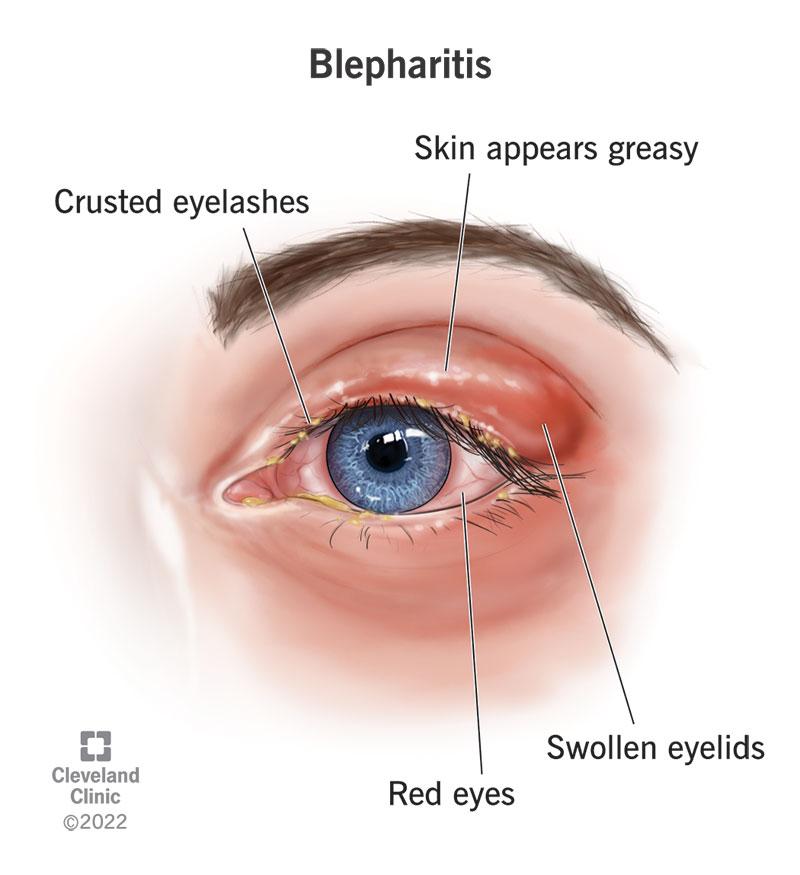Chad’s Political Turmoil Deepens as Former PM Succes Masra Sentenced to Two Decades in Prison
In a landmark and contentious verdict, Chad’s ex-Prime Minister Succes Masra has been handed a 20-year prison sentence following a trial that has sparked widespread international concern. As the head of the opposition coalition Citizen’s Alliance for Change, Masra was found guilty on charges including threatening national security and inciting rebellion. This ruling arrives amid heightened political unrest since the death of long-standing leader Idriss Déby in 2021, intensifying fears over Chad’s democratic trajectory. Critics contend that this legal action serves as a tool for the current regime to suppress opposition voices and entrench its hold on power.
Escalating Political Tensions Amidst Masra’s Conviction
The sentencing of Succes Masra marks a pivotal moment in Chad’s volatile political environment. The decision has provoked significant domestic backlash, with protests erupting across several regions demanding political reforms and enhanced civil liberties. Supporters argue that this conviction is less about justice and more about silencing dissent against President Mahamat Idriss Déby Itno’s transitional administration.
This crackdown coincides with growing grassroots mobilization advocating for democratic governance after decades marked by authoritarian rule. According to recent reports from Freedom House (2024), Chad ranks among countries experiencing severe declines in political rights and civil liberties over the past three years.
- Suppression of Opposition: Numerous arrests targeting activists and opposition leaders have intensified since 2022.
- Civic Demands: Citizens increasingly call for reinstatement of constitutional order and transparent elections.
- Global Response: International bodies are deliberating potential sanctions or diplomatic interventions aimed at promoting human rights compliance.
The unfolding situation raises critical questions regarding Chad’s stability as it navigates an uncertain path toward democratic reform or further authoritarian consolidation.
The Broader Impact on Opposition Forces in Chad
The harsh sentencing dealt to Succes Masra reverberates deeply within Chad’s fragmented opposition landscape. Seen by many as politically charged rather than purely judicial, this move signals an intensification of governmental efforts to marginalize dissenting voices ahead of forthcoming electoral contests scheduled for late 2025.
This development could produce dual effects: while some factions may become emboldened to resist through increased activism, others might retreat due to fear of persecution-potentially stifling meaningful political engagement nationwide.
- Tightening Repression: The government appears poised to escalate crackdowns on critics, raising alarms about possible violations such as unlawful detentions or restrictions on free speech.
Recent military deployments in neighboring regions highlight regional instability concerns linked with internal repression efforts. - Pushing Toward Radicalization: With conventional avenues closing off, frustrated opposition groups may resort to more extreme measures-a trend observed historically during periods of intense state suppression across Africa.
- Sustained International Scrutiny: Global watchdogs are likely to increase pressure through diplomatic channels or targeted sanctions aimed at curbing abuses while encouraging dialogue between stakeholders.
A Call for Heightened Global Engagement Over Human Rights Concerns
The imprisonment sentence against former Prime Minister Succes Masra has amplified calls from human rights organizations worldwide spotlighting ongoing abuses within Chad’s borders. Observers warn that this case exemplifies systemic patterns where authorities employ judicial processes selectively against opponents under dubious pretenses-undermining judicial independence altogether.
Similar cases elsewhere underscore risks faced by dissidents challenging entrenched regimes across Africa today.
Diplomatic actors urge immediate intervention strategies focused on safeguarding fundamental freedoms through mechanisms such as:
- Neutral Investigations: Establishment of independent commissions tasked with probing alleged human rights violations impartially;
- Detainee Releases: Advocacy for freeing all individuals detained solely due to their political beliefs-including high-profile figures like Masra;
- Missions Monitoring Rights Conditions: Deployment of international observers empowered with access throughout Chadian institutions ensuring transparency;
If global stakeholders fail to respond decisively now, there is concern that tacit acceptance will embolden further repression-jeopardizing prospects not only within Chad but also destabilizing broader Sahelian security dynamics amid rising extremist threats regionally reported by UN agencies (UNDP Sahel Report 2024).
Navigating Forward: What Lies Ahead For Governance In Chad?
The incarceration sentence imposed upon former Prime Minister Succes Masra encapsulates deeper challenges confronting governance structures throughout Chad today. Beyond courtroom repercussions lies an intricate struggle involving power consolidation versus inclusive democracy amidst fragile institutional frameworks shaped by decades-long autocratic dominance followed by sudden leadership transitions post-Idriss Déby era (died April 2021).
This episode underscores how fragile democratic aspirations remain when confronted with entrenched interests resistant toward pluralism-and highlights urgent needs for comprehensive reforms encompassing electoral integrity, judiciary independence, media freedom expansion alongside civic education initiatives fostering participatory politics among youth populations constituting nearly 65% according World Bank demographic data (2023).
A Critical Juncture For Regional Stability And Democratic Progression
The ripple effects stemming from this verdict extend beyond national borders given Chad’s strategic position within Central Africa intersecting multiple conflict zones including Darfur spillovers into eastern territories plus ongoing counterterrorism operations targeting Boko Haram affiliates near Lake Chad basin areas monitored closely by African Union peacekeeping missions (MISCA updates June 2024). How authorities manage dissent internally will significantly influence both domestic peace prospects alongside regional cooperation frameworks essential amid evolving geopolitical complexities involving foreign military presences notably French Barkhane withdrawal aftermath adjustments underway since mid-2023.

